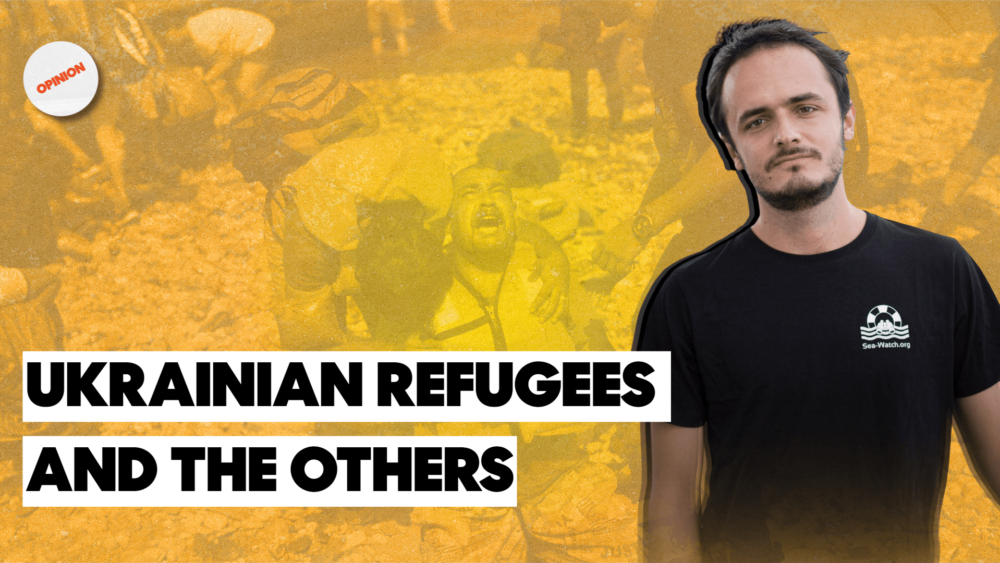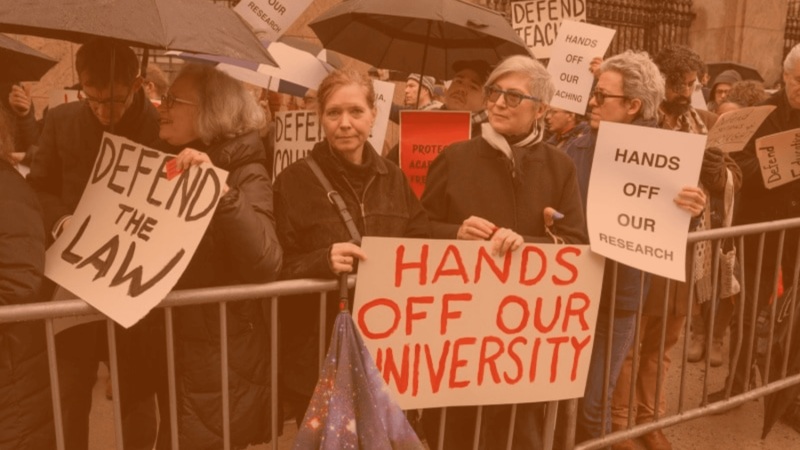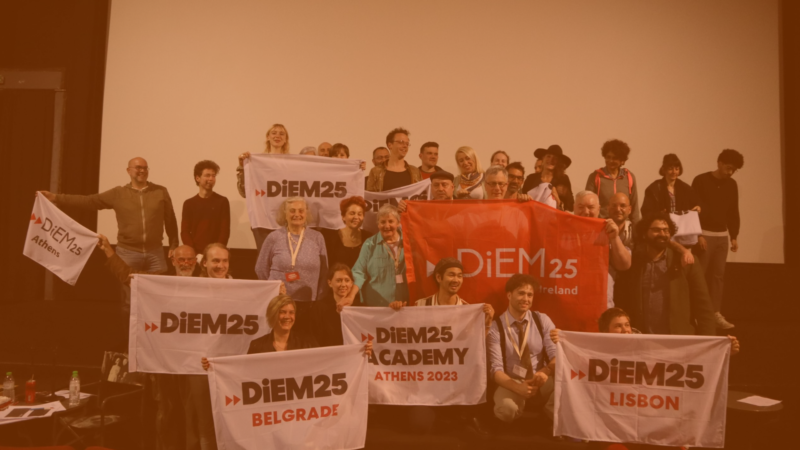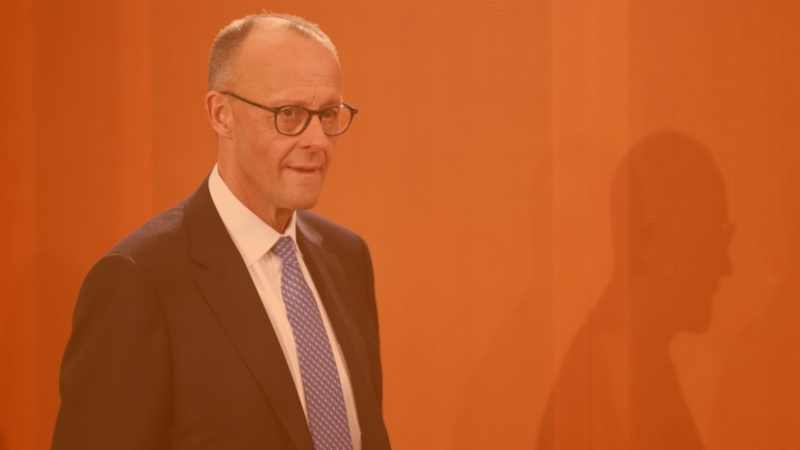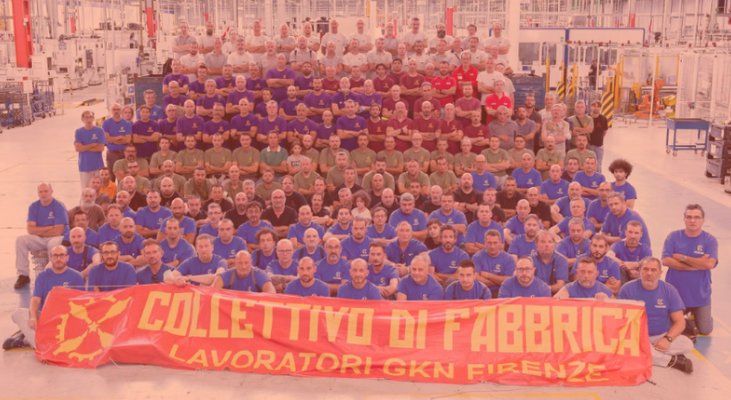While the rush to facilitate Ukrainian refugees is admirable, it begs the question as to why the same is not done for everyone else in need
In the last few days, Portugal has received more than 27,000 refugees from Ukraine. How can it be justified that in two years we have not welcomed the 500 children and young people from the Mediterranean that we committed to receive and who have been in refugee camps in the most degrading conditions?
The Russian invasion of Ukraine has generated more refugees in the first three weeks than any other recent conflict for a year. Already, more than four million people have fled the country and it is estimated that there are close to ten million internally displaced persons.
In the face of this huge humanitarian crisis, Europe has shown unprecedented solidarity. In the very first days, extraordinary measures were put in place to guarantee those fleeing the war their rights and an easier and faster access to international protection. Countries that less than a decade ago rose up against the European Union (EU) quota system and from which one could expect anything but solidarity with refugees have now opened their doors to receive the families fleeing the Russian bombs.
More than two million people have already arrived in Poland, making it the country that has taken in the most Ukrainian refugees. In the United Kingdom, the Homes for Ukraine platform has been created, where British citizens can volunteer to provide accommodation to Ukrainian families for a minimum of six months. These families will have immediate access to health, education and social security.
Special measures have also been created in Portugal for the rapid reception of Ukrainian citizens. The Foreigners and Borders Service (SEF) has created the online platform SEFforUkraine where people can request temporary protection from the Portuguese State, a status similar to that of refugee, but for a period of one year and renewable for another year. According to the SEF, it is now possible for a person to ask for protection and get it on the same day, without even going through an interview where, in the usual process, the merits of the request would be decided.
I am moved by the speed of mobilisation that we have shown, that we are capable of helping those who need it most. And it is precisely for this reason that I believe that as a society we urgently need to reflect together on how we have treated non-Ukrainian refugees.
When the news showed us Syrian, Iraqi and Afghan families launching themselves into rubber boats in a desperate attempt to find safety on European shores, countless voices were raised against the reception. There was a great effort of solidarity on the part of civil society and some states, of course. But this position was seen in the media as one side of the public debate, just as valid as the opposite. We heard all sorts of arguments questioning what welcoming refugees would do to our cherished European society.
In today’s conflict the consensus is so great that even extreme right-wing parties, who normally proudly fly the anti-refugee flag, are trying to covertly justify their sudden change of position by going so far as to claim that these are ‘real’ refugees.
This time we don’t hear anyone questioning the sustainability of the welfare state. We don’t see anyone saying that crime will increase. And nobody is invoking the threat of terrorism. Why? Not because there is anything fundamentally different between some refugees and others. All are fleeing violence and all are seeking safety and a dignified life for themselves and theirs. It is because these objections are nothing but myths. They are myths now and they were myths before, when the world was shocked with hands in pockets to see the body of little Alan Kurdi dragged to the Turkish beach by the waves of the sea and European indifference.
However, it should be said that when we talk about the mobilisation of civil society alone, the differences are not that great. At the time when Syrian refugees were arriving by the thousands a day to the coast of the Greek islands, more than 350 Portuguese non-governmental organizations coordinated efforts to welcome the families that would land in our country under the EU Relocation Program. A Refugee Support Platform was created. With open arms these organisations waited for people to arrive while they, in turn, waited patiently for the Program to deliver what it promised. The Relocation Program failed spectacularly, and not only because some countries refused to receive anyone. The lack of means to speed up the processes, as well as the very strict eligibility criteria meant that the number of refugees received was nothing more than a flash in the pan. In fact, this plan was unveiled by the EU in September 2015 and six months later only 660 refugees had been relocated throughout Europe, while the EU was proposing to relocate 160,000. Although civil society in our country was willing and ready to welcome, it was the bureaucratic processes and decisions of European and EU governments that prevented (and continue to prevent) this from happening.
The wars in Syria, Iraq, and Afghanistan have forced several million people to leave their homes and their lives over the past few years, many of whom were not treated with dignity in the countries of transit and arrival. Right now there are thousands of refugees held in camps in Greece who are waiting months on end for a response to their asylum claims, staying overnight in tents, not knowing whether they will be granted protection or be deported. Meanwhile, non-governmental organizations have been warning of widespread starvation in these populations in Greece, 40 percent of whom are minors.
Note that the reluctance to welcome refugees has nothing to do with a lack of resources. Over the past six years, the EU in general and member states in particular have thrown billions of euros at countries like Turkey and criminal militias, as in the case of Libya, to keep people away from their borders, without even the possibility enshrined in international law to apply for asylum. I explore this issue in detail in another text I wrote in PÚBLICO.
In Portugal, the Ministry of Foreign Affairs made some bilateral agreements with several countries whereby it committed itself to receiving refugees. It did the right thing. But it is incomprehensible how long these requests take to become effective and how few people we propose to receive. Facing the humanitarian tragedy in the Greek islands, the former Minister of Foreign Affairs Augusto Santos Silva committed to receive 500 unaccompanied minors in May 2020, at the beginning of the pandemic. Almost two years later, in December last year, we still hadn’t received even half of them.
In the last few days, Portugal has received more than 27,000 refugees from Ukraine, making this the second largest foreign nationality residing in our country. How can it be justified that after two years we still haven’t managed to receive 500 children and young people that we committed to receive and who have to spend this time in refugee camps in the most undignified conditions? Furthermore, according to the Diário de Notícias, in August of last year the SEF had requests for regularisation of immigrants pending with a four-year delay. How can we justify the months or years that immigrants in Portugal spend waiting for SEF to evaluate their cases after this institution put in place such an efficient system for Ukrainian refugees? Why can’t we apply a fraction of that efficiency to all those who need it?
There is an urgent need to compare the way we receive refugees from different countries, so that we can learn from our mistakes. It is not to relativise the pain of those we welcome properly. It is to point the finger at our representatives for having told us for years that receiving more refugees was impossible. We proved in the last few days that we can welcome Ukrainian refugees with dignity. Let’s do the same with everyone else.
Miguel Duarte will be chatting to DiEM25’s Mehran Khalili on Thursday, April 28, to discuss the risks he faces for assisting refugees. Tune in from 19:00 CEST.
Do you want to be informed of DiEM25's actions? Sign up here





